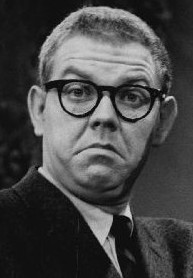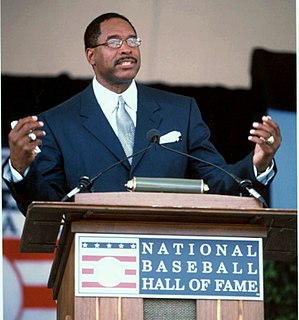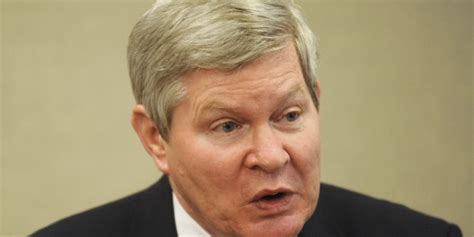A Quote by Margaret Hoover
Hoover himself had risen from the most modest means of any president since Abraham Lincoln. Orphaned as a small boy, he worked his way through Stanford's 'pioneer' class - the first freshmen at Stanford. He started his mining career in hard labor.
Related Quotes
What Abraham Lincoln had to face was a culturally and politically cohesive bloc of states comprising half the country, refusing to discuss even the limitation of slavery; while he had only the most feeble means of enforcement. The British and the French could do their emancipating at a distance; Lincoln had armed resistance almost literally at his doorstep.
Remember that Abraham Lincoln was a Whig far longer than he was a Republican. As a whole, the Whigs looked upon banks and corporations as a more efficient means of development; the Jacksonian Democrats thought they were the tools of the devil, but Whigs like Lincoln disagreed. During his presidency, Lincoln favored the re-construction of a national financial system, and his most important 'internal improvement' project was the Pacific railroad.
Stanford may be the best university in the world, but you can get all the way through here without knowing where your food came from, without being able to say where we came from, without being able to give a coherent description of why the climate is changing and why we should be concerned about it. So I started teaching a course in human evolution and the environment that's open to all Stanford students, no prerequisites.
Until the early 90s, when I was working on a project about the idea of free will in American philosophy. I knew that Lincoln had had something to say about "necessity" and "fatalism," and so I began writing him into the book. In fact, Lincoln took over. I wrote instead 'Abraham Lincoln: Redeemer President,' in 1999, and I've splitting rails with Mr. Lincoln ever since. If there's a twelve-step process for this somewhere, I haven't found it yet.
When I started I had no knowledge of films whatsoever. I was an engineering major at Stanford. And I found out as a senior that they had two film critics on the Stanford Daily, and they got free passes to all the theaters in Palo Alto. So I thought, I'll do that, and I became a film critic. And then I became interested in films. But I had no time to study anything in that area because I was a senior, just finishing up as engineering.

































